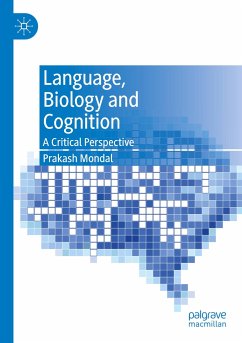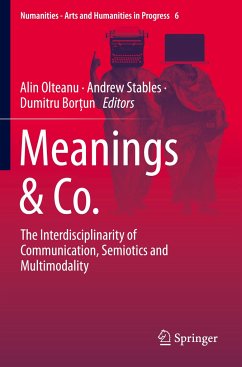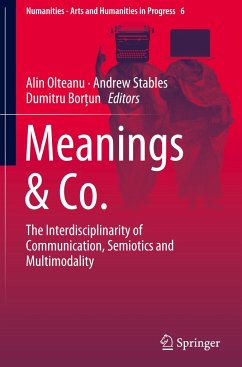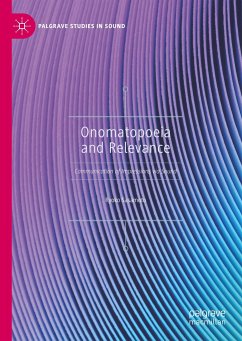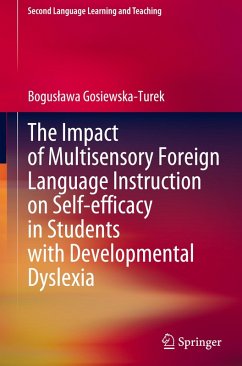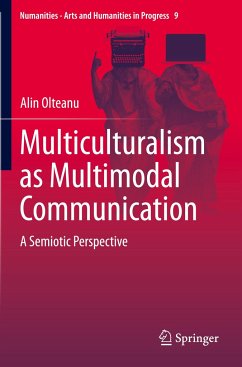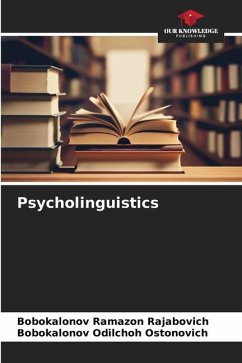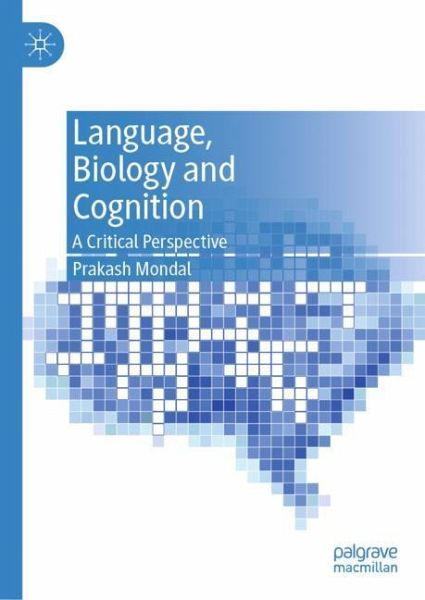
Language, Biology and Cognition
A Critical Perspective
Versandkostenfrei!
Versandfertig in 6-10 Tagen
61,99 €
inkl. MwSt.
Weitere Ausgaben:

PAYBACK Punkte
31 °P sammeln!
This book examines the relationship between human language and biology in order to determine whether the biological foundations of language can offer deep insights into the nature and form of language and linguistic cognition. Challenging the assumption in biolinguistics and neurolinguistics that natural language and linguistic cognition can be reconciled with neurobiology, the author argues that reducing representation to cognitive systems and cognitive systems to neural populations is reductive, leading to inferences about the cognitive basis of linguistic performance based on assuming (fals...
This book examines the relationship between human language and biology in order to determine whether the biological foundations of language can offer deep insights into the nature and form of language and linguistic cognition. Challenging the assumption in biolinguistics and neurolinguistics that natural language and linguistic cognition can be reconciled with neurobiology, the author argues that reducing representation to cognitive systems and cognitive systems to neural populations is reductive, leading to inferences about the cognitive basis of linguistic performance based on assuming (false) dependencies. Instead, he finds that biological implementations of cognitive rather than the biological structures themselves, are the driver behind linguistic structures. In particular, this book argues that the biological roots of language are useful only for an understanding of the emergence of linguistic capacity as a whole, but ultimately irrelevant to understanding the character of language. Offering an antidote to the current thinking embracing 'biologism' in linguistic sciences, it will be of interest to readers in linguistics, the cognitive and brain sciences, and the points at which these disciplines converge with the computer sciences.





